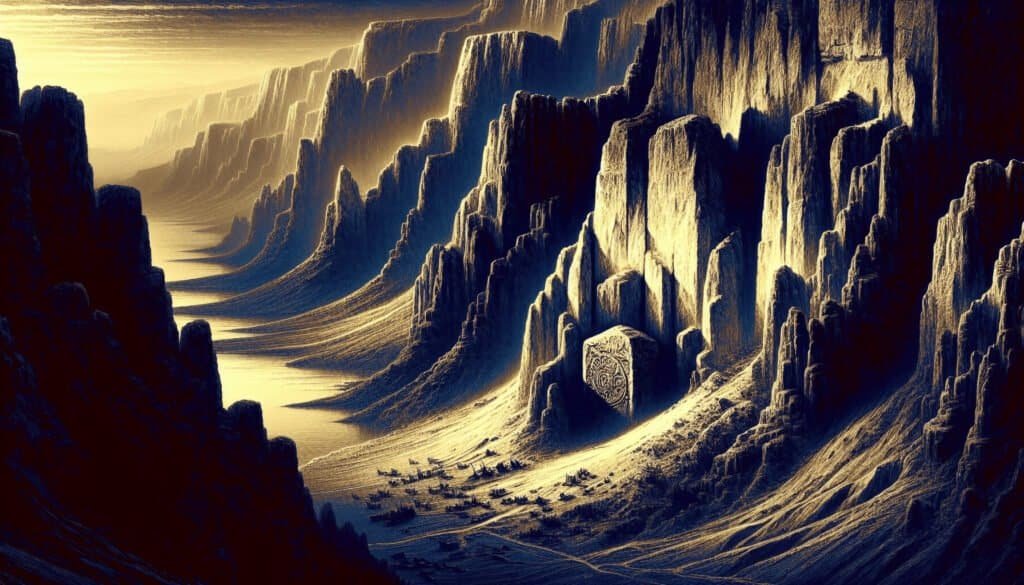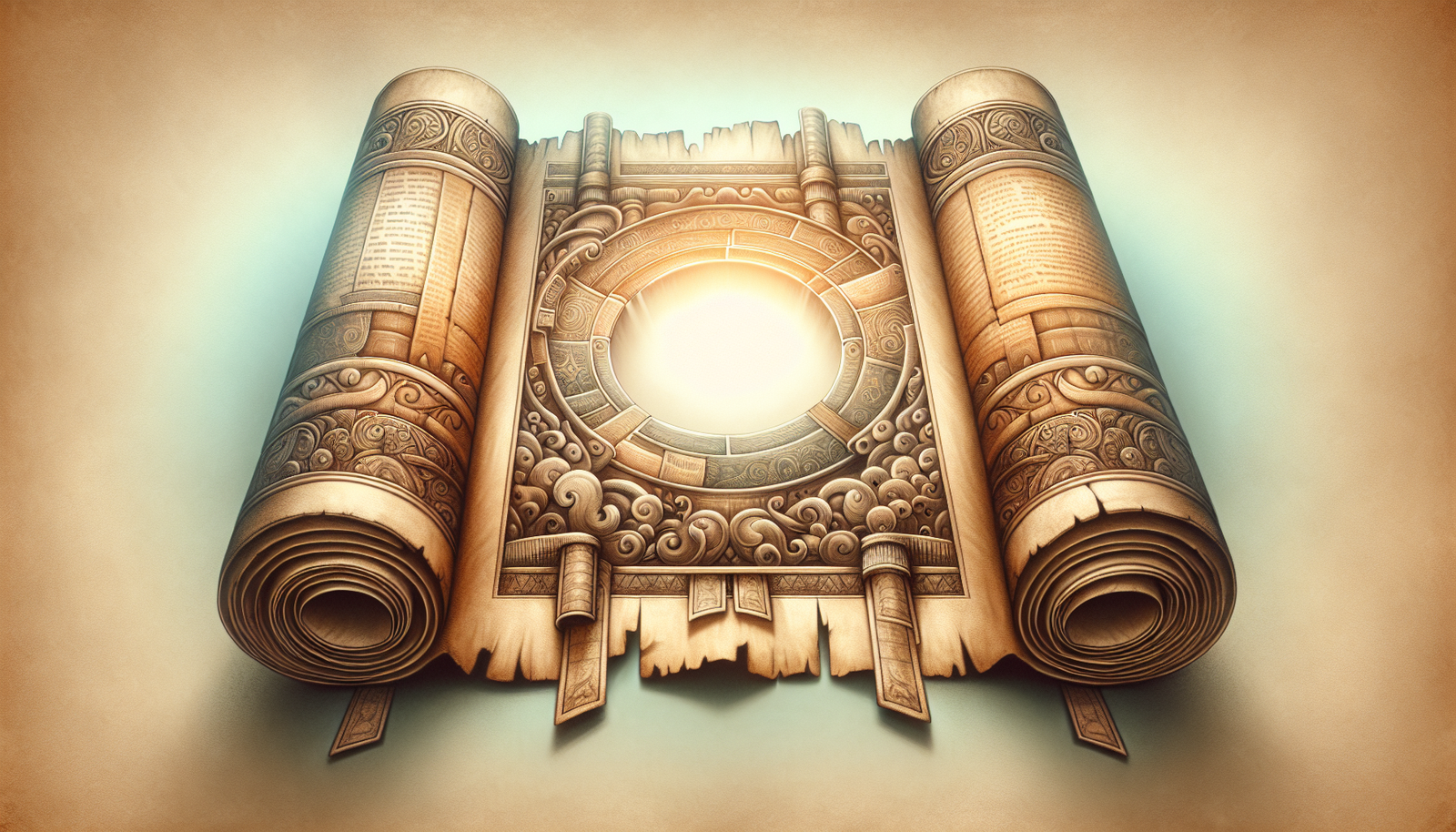What comes to your mind when you hear about struggles for dominion in a land as desolate yet storied as the region surrounding the Dead Sea? Picture towering rock faces that rise from the arid expanse, guarding secrets of ancient civilizations and their relentless quests for power. Yet beneath this stark beauty lies a tapestry of struggle—one that echoes through biblical texts and archaeological discoveries alike.

The Paradox of the Dead Sea Region
The Dead Sea, with its impossibly high salinity and mineral-rich waters, may seem inhospitable at first glance. But it has played an influential role in history, religion, and even contemporary politics. Stretching along the borders of Jordan and Israel, this region is home to a rocky landscape that has witnessed the rise and fall of empires. Your journey through this desolate landscape will reveal stories of dominion, power, and survival.
Historical Significance of the Dead Sea
With cities like Jericho and the ancient oasis of Ein Gedi peppering the landscape, the Dead Sea area has a long history that predates recorded time. The dramatic rock face framing the sea not only presents a natural barrier but also a valuable resource for civilizations throughout the ages.
Trade Routes: The region sat along critical trade routes that connected various empires. Its mineral resources attracted traders, while its strategic position compelled rulers to vie for control over its lands.
Settlements and Fortifications: Archaeological findings reveal ancient settlements built upon the rock faces, including the famed fortress of Masada. These structures highlight the intricate relationship between the landscape and the dominion struggles enacted upon it.
The Biblical Backdrop
No discussion of this region can escape the clutch of biblical narratives that weave through its history. You’ve come across stories that recount the efforts of various groups, from the Israelites to the Judean rebels, as they grappled with the ever-present tension of control.
Scriptural References: The wilderness challenges faced by figures such as Moses resonate with contemporary struggles. Their quest for dominion often morphed into a battle for survival—richly documented in books like Exodus.
Cultural Allusions: Many religious practitioners today turn to these ancient texts for guidance, using the stories as a moral compass amidst modern challenges.
The Archaeological Chronicles
Every inch of rock screams history. Archaeological explorations in the Dead Sea region have unearthed artifacts that showcase the struggles for power and dominion among the ancient inhabitants.
The Dead Sea Scrolls
One of the most significant archaeological finds, the Dead Sea Scrolls, provides a unique window into the early Jewish community’s beliefs, practices, and their understanding of dominion.
Historical Context: Written between the 3rd century BCE and the 1st century CE, these scrolls were discovered in a series of caves at Qumran near the Dead Sea. They are believed to be the writings of the Essenes, a sect that sought to preserve their faith in the face of increasing Hellenistic influences.
Significance of the Scrolls: They include biblical texts, communal rules, and commentaries. The scrolls not only highlight their scriptural concerns but also emphasize the community’s struggle for dominion over its spiritual identity.
The Masada Fortification
Masada, a UNESCO World Heritage site, stands as a symbol of resistance. Its dramatic setting on the edge of the desert rock face tells a story of dramatic conflict.
The Siege: In 73-74 CE, the Roman Empire laid siege to this fortress, where a group of Jewish rebels sought refuge. The resulting struggle for control encapsulates the broader narrative of dominion in the historical context of the time.
Archaeological Findings: Excavations have revealed sophisticated structures, including storerooms and cisterns, underscoring how the defenders tried to assert dominion over a hostile environment.

Themes of Dominion in the Scriptures
The interwoven themes of dominion, control, and survival resonate deeply in scriptural texts. Reflecting on these passages can provide a richer understanding of the struggles faced by historical figures.
Surviving the Wilderness
The wilderness as portrayed in biblical scripture is often a metaphorical landscape where the fight for dominion is one not just of the physical realm but also the spiritual.
Moses’ Journey: You can recall the trials faced by Moses as he led the Israelites through the harsh desert. His struggles symbolize the tension between human aspiration and divine instruction. His quest was not merely to reach a promised land but to establish a covenant that would define a nation.
The Temptation of Jesus: In the New Testament, Jesus too faces a wilderness trial. His struggle against temptation reflects the ongoing battle for dominion over one’s mind and spirit, an allegory that extends well beyond those ancient sands.
The Philosophical Angle
Reviewing theological texts can also unveil a more reflective insight into dominion. The struggle for power remains a poignant theme across many philosophies and theological perspectives.
Philosophical Reflections: Thinkers such as St. Augustine and Thomas Aquinas grappled with the inherent struggle between worldly dominion and spiritual submission. Their works invite you to consider how these ancient struggles carry into modern existential queries.
Modern Relevance: Even today, the narratives surrounding power, dominion, and survival carry profound relevance in discussions about authority, governance, and individual morality.
Cultural Implications and Modern-Day Interpretations
The relevance of these ancient struggles has transcended generations. In contemporary times, the themes of dominion resonate within. Cultural, social, and political arenas reflect the notable impact of these historical narratives.
The Dead Sea as a Political Symbol
In our current landscape, the Dead Sea region has become a focal point in modern geopolitics. Control over its waters, borders, and resources has stirred both contention and collaboration.
Water Disputes: You might consider how access to the Dead Sea and its mineral resources has shaped relations between Israel, Jordan, and the Palestinian territories. Historical tensions often mirror the dominion struggles of the past.
Tourism and Cultural Preservation: The area’s archaeological and historical significance makes it a magnet for tourism, offering a modern means of grappling with the ancient past while exploring the ramifications of continued dominion struggles.
Theologians and Modern Interpretations
Contemporary theologians continue to grapple with the themes found within the Dead Sea region’s ancient narratives, particularly regarding dominion and authority.
Ethical Discussions: Writing on faith and power dynamics, modern theologians reference the dominion narratives to discuss ethical governance and the moral responsibilities that come with power.
Internal Struggles: Many reflect on how the spiritual quest for dominion parallels the internal struggles individuals face today, mirroring the conflicts of ancient figures within the heated landscapes of modernity.
Conclusion: Reflecting on Ancient Dominions
As you wrap your mind around the struggles for dominion in the shadow of the Dead Sea rock face, consider the rich history that frames the region. From biblical accounts to archaeological finds, the threads of power and control knit together a complex narrative that resonates through the ages.
This land tells tales of human ambition, resilient faith, and the ongoing quest for authority—one that has shaped not only its past but continues to influence its present. Take this moment to reflect on how these ancient echoes enrich your understanding of modern dominion struggles, intertwining history, culture, and faith into a tapestry that is as relevant today as it was centuries ago.



